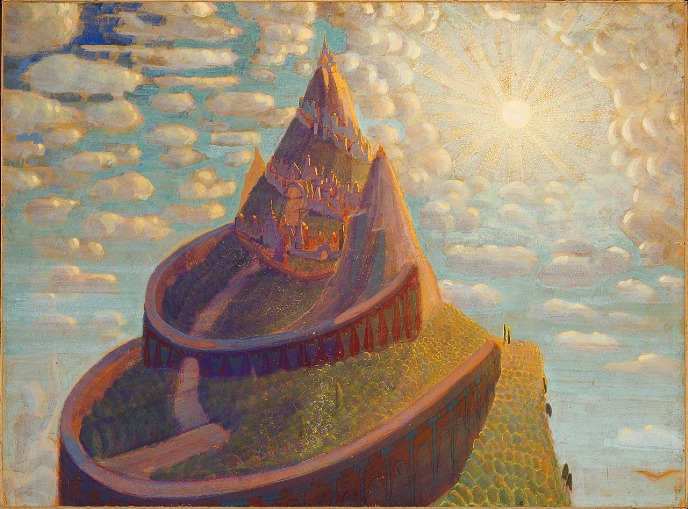Religion Matters: Gnostic Revolt and Apocalyptic Dreams
Gnostic Revolt and Apocalyptic Dreams: Eric Voegelin’s Critique of Political Extremism

Abstract
Eric Voegelin was a German American political philosopher mostly known for his book The New Science of Politics (1952), in which he contended that ancient Gnosticism and modern totalitarian movements like Soviet Communism and National Socialism share fundamental characteristics. Voegelin summarized his insights in the famous formula “the immanentization of the eschaton”, meaning the attempt to achieve an earthly paradise by means of societal perfection, effectively creating a secular version of Christian millenarian expectations.
Unbeknownst to many, Voegelin carried out significant changes to his perspective over the following years after NSP, which led him away from cultural analysis based on intellectual history, into the “deep waters” of philosophical anthropology and the development of his own theory of consciousness. Even though concepts like Gnosticism and Modernity lose preeminence in this later stage, Voegelin insists in his critique of political extremism, but from a more complex and nuanced understanding of humankind’s connection with the divine.
Given the current climate of multinational success of political movements with radical viewpoints, it is the hope of the speaker that an introduction to Voegelin’s work might provide, if not guidance, at least comprehension about the way in which individuals and societies are influenced by longstanding beliefs related to transcendence and civilizational hybris.
Arturo Cárdenas Ureña is a PhD. candidate at the Faculty of Religion, Culture and Society of the University of Groningen. He started his academic profession at the Faculty of Political and Social Sciences of the National Autonomous University of Mexico, where he worked as an early-career scholar. His interest in René Girard’s Mimetic Theory introduced him to his vocation for researching the intersection of religion and politics.
This event is part of the Religion, Culture and Society public lecture series 2024-2025.
